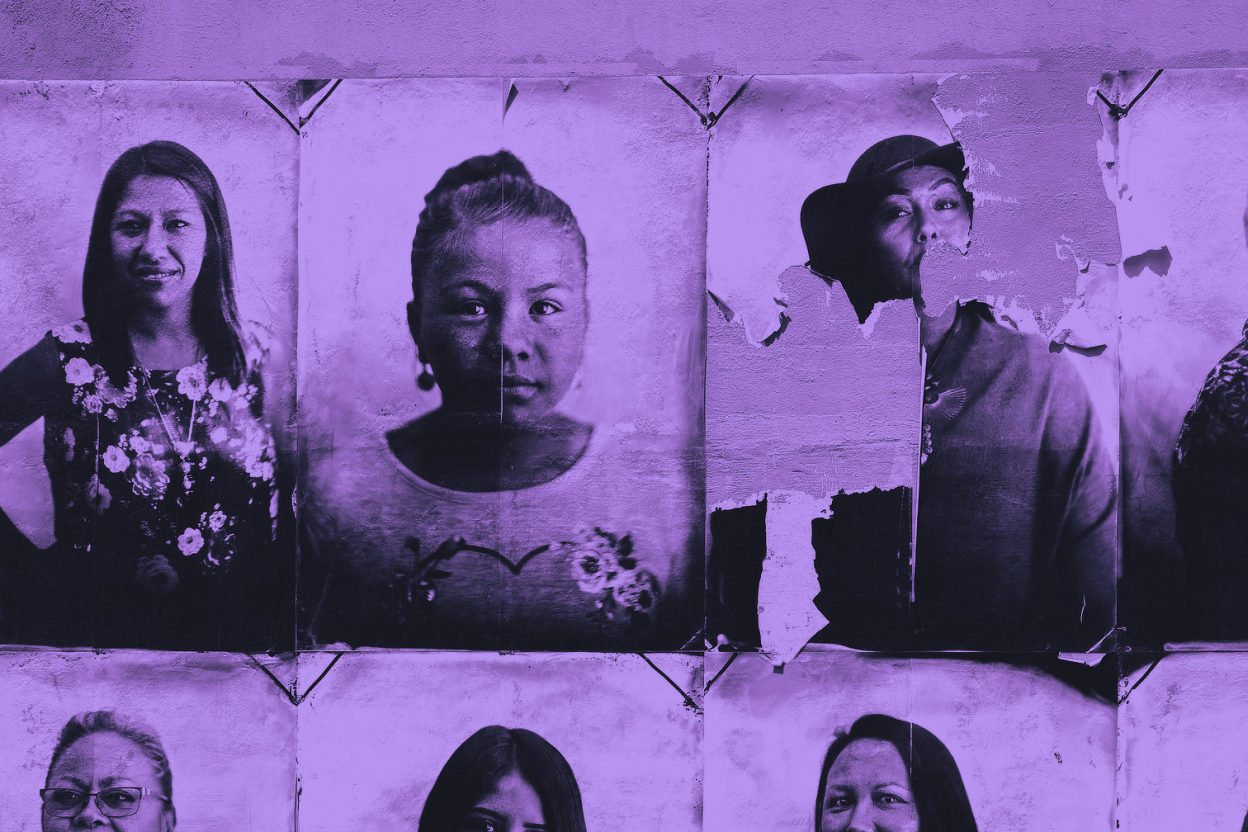Domestic violence may occur gradually, growing more intense over time. As a result, many people do not realize they’re experiencing abuse right away. If you feel that you might be experiencing domestic violence, click here to learn more about the warning signs of abuse.
Domestic violence is a pattern of harmful behaviors used to gain power over the thoughts and actions of a partner, loved one, friend, or other individual. While abuse takes many forms depending on the relationship, abusers often control their partners using the following tactics.
On average, 24 people per minute are victims of sexual or physical violence or stalking by an intimate partner.
Physical abuse
Physical abuse is any intentional act that causes physical trauma to another person, such as looming over a victim, blocking someone’s escape route, grabbing, burning, stabbing, biting, strangling, using weapons, driving recklessly, throwing or breaking things, confinement, and preventing access to medical care or medication.
Mental or Emotional abuse
Mental or emotional abuse diminishes the victim’s self-worth through intimidation, manipulation, isolation, mind games, blame, humiliation, stalking, excessive texts and calls, intercepted messages or emails, and any attempt at making someone feel inferior.
Nearly half of all American women and men experience mental abuse by an intimate partner in their lifetimes.
Sexual Abuse
Sexual abuse involves any unwanted sexual behavior by one person upon another, such as nonconsensual sexual touching or activity, pressure to engage in sexual activity, prohibiting safe sex practices on purpose, withholding sexual activity as a form of punishment, forcing a partner not to use birth control, forcing pregnancy or abortion, or forcing a partner to participate in pornography.
Verbal Abuse
Verbal abuse uses language and behavior to cause victims to doubt their abilities through yelling, shouting, swearing, arguing, interrupting, name-calling, patronizing, using loud tones, mocking, and threatening.
Cultural, Social, Political, or Racial Abuse
Cultural, social, political, or racial abuse occurs when an abuser uses a victim’s identity to gain control. Threatening deportation, threatening to share someone’s sexual orientation or gender identity without permission, using racial slurs, isolating partners from their culture or religion, destroying immigration documents, and preventing access to adaptive equipment all fall under this category.
Economic Abuse
Economic abuse renders victims unable to support themselves financially by withholding money, controlling accounts, prohibiting access to financial accounts, prohibiting access to financial accounts, forbidding employment or education, ruining credit, and preventing use of a vehicle.
In 99% of all domestic violence cases, economic abuse contributes to the feeling that a victim cannot escape.
Abuse is not constant. Instead, violence is one stage of a behavioral cycle. Every stage can last anywhere from a few minutes to a few years, and the pattern might look different depending on the relationship.
References
- About the Invisible Weapon: Financial Abuse and the Weaponry Abusers Use. Purple Purse. Retrieved from
http://purplepurse.com/get-the-facts/about-domestic-violence/about-the-invisible-weapon - Black, Michele C., et. al. (November 2011). National Intimate Partner and Sexual Violence Survey: 2010 Summary Report.National Center for Injury Prevention and Control. Retrieved from
https://www.cdc.gov/violenceprevention/pdf/nisvs_report2010-a.pdf - Tiesman, Hope M., et. al. (April 2012). Workplace Homicides Among U.S. Women: The Role of Intimate Partner Violence. Annals of Epidemiology. Retrieved from
http://www.annalsofepidemiology.org/article/S1047-2797(12)00024-5/abstract
